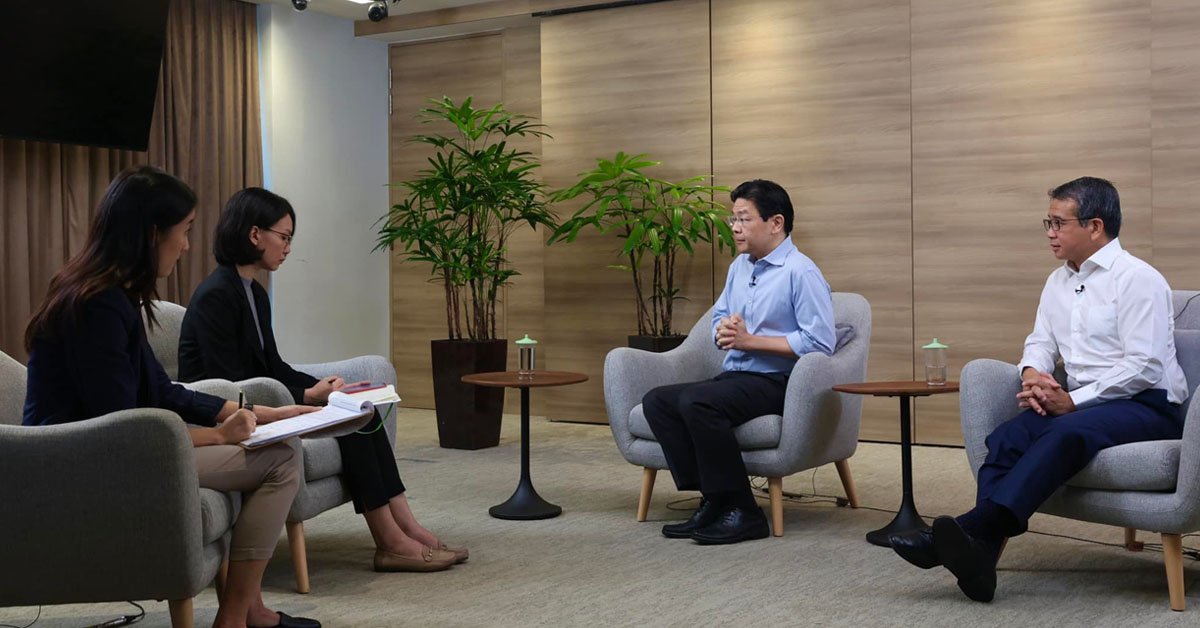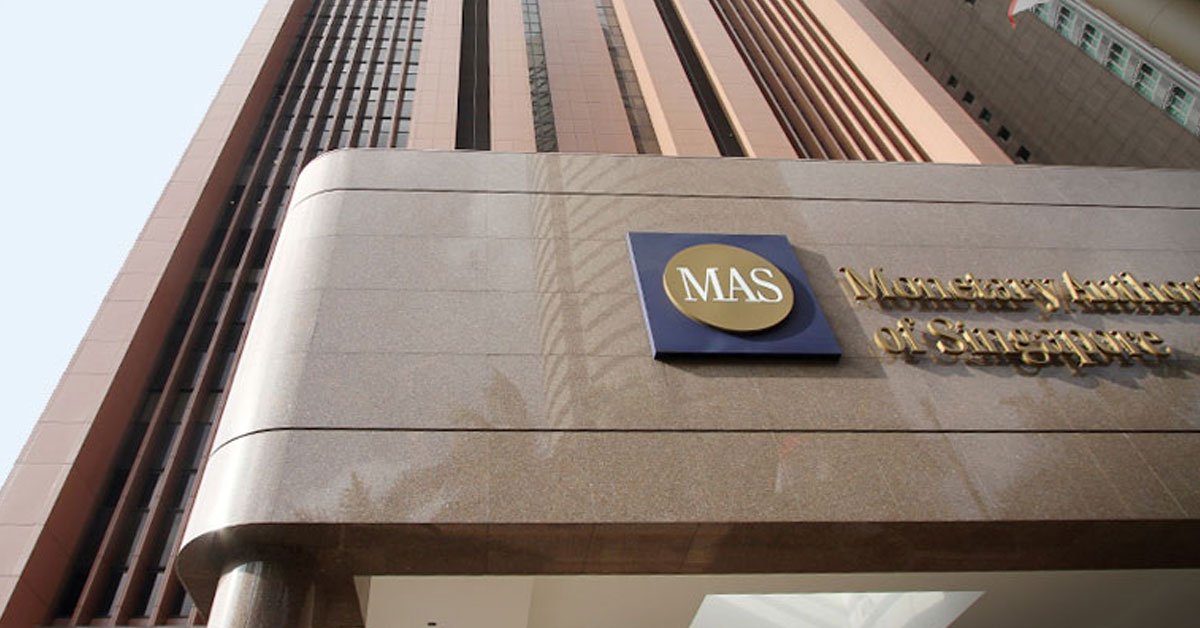Ever since Prime Minister Lee Hsien Loong said that Section 377A of the Singapore Penal Code will be repealed in his National Day Rally (NDR) speech, it has sent ripples across all levels of society.
Section 377A, otherwise known as Outrages of decency, is a law that criminalises sexual intercourse between two consenting men.
If you are a supporter of the Lesbian, Gay, Bisexual, Transgender, and Queer (LGBTQ) community, this is a hard-won victory after years of social activism.
If your personal and/or religious beliefs happen to conflict with this political decision, you are probably in the camp that is trying to mitigate the damage by urging the government to codify the standard definition of marriage into the Constitution.
The definition of marriage, as stated in the Women’s Charter, is that of a marriage between a man and woman, in Singapore or elsewhere, both monogamous and voluntary.
The Instigating Event
What led the Government to the decision of repealing Section 377A was the Court of Appeal’s latest dismissal of the challenges posed to Section 377A, ruling that the law was “unenforceable in its entirety”.
Shortly thereafter, the apex court signalled that the law criminalising gay sex could be discriminatory and that the courts may have to deal with this issue later down the road.
In an interview on Monday (22 Aug), Minister for Home Affairs and Law Mr K Shanmugam said that it would be “irresponsible” if the Government just left the matter to fester in the dark.
Mr Shanmugam pointed out that there was “significant risk” that Section 377A may be ruled as unconstitutional in the future.
If the constitutional challenge succeeds, then it would mean that the definition of marriage can also be challenged on the same grounds.
This would be extremely problematic as many national policies are built on the existing definition of marriage.
Earlier in February, three LGBTQ activists filed a constitutional challenge, arguing that Section 377A violated Articles 9, 12, and 14 of the Constitution.
- Article 9 guarantees to all persons the right to life and the right to personal liberty.
- Article 12 guarantees that all persons are equal before the law and are entitled to equal protection of the law.
- Article 14 guarantees Singaporean citizens the right to freedom of speech and expression, peaceful assembly without arms, and association.
The Court of Appeal, led by Chief Justice Sundaresh Menon, subsequently dismissed them.
However, when it came to Article 12, the apex court considered various possible scenarios.
Despite dismissing the case, the Court of Appeal plaintively noted that there were two ways Article 12 could be applied, and under one of them, Section 377A could be unconstitutional.
Mr Shanmugam then explained that the Government must deal with a law which is “potentially unconstitutional”, otherwise the Courts will have no choice but to interpret it on their own.
And if the court eventually judges that the law is unconstitutional, they will say so without censure.
But social issues are not zero-sum games, it is not black or white, or even grey like law tends to be.
Social issues like the acceptance of the LGBTQ community is complex and will have socio-political repercussions if handled incorrectly or negligently.
The government acknowledges that there are people who will be unhappy about the situation—as a matter of fact, they are already protesting the change right now—but repealing Section 377A is “the right course of action”.
The Government believes that no one should be discriminated by virtue of their sexual orientation, and hopes that revoking Section 377A can “remove the pain” and bring some relief to the gay men.
No Referendums Please
When Deputy Prime Minister Lawrence Wong was asked why the option of referendum was not considered, his response was that the Constitution states a referendum is only required when sovereignty is at stake.
In the entirety of Singapore’s history, the national referendum was only held once, when Singaporeans voted on a merger with Malaysia in 1962.
Section 377A may have been in the centre of controversy for a long time, but it is very far from reaching that high bar.
Furthermore, revoking Section 377A is not a difficult decision to make, in the sense that it is already a law that cannot be enforced at all.
Mr Wong also noted that a referendum may not necessarily provide a resolution on sensitive issues.
To back up his point, he cited the United Kingdom’s 2016 Brexit vote and Scotland’s 2014 Independence Referendum, both of which ended up being their own man-made disasters.
Rather than resolving the problem, finding absolution and moving forward, Mr Wong observed that these referendums seemed to have divided their societies even further.
The most important item on the Government’s agenda right now is to find a new balance that “reflects societal attitudes while preserving unity”.
The best way to describe the general attitude of Singaporean society is “out of sight, out of mind”; whatever happens behind closed doors between mutually consenting adults is none of my business.
At the same time, the Government intends to stick to the prevailing family and social norms, which is what most Singaporeans want as well.
This is for the greater good of Singapore and Singaporeans, said Mr Wong.
No Changes in National Policy
Truth to be told, the three ministers have said that the status quo will be maintained, in one way or another.
For instance, the Ministry of Education has already asserted that educational institutions are secular places made for the pursuit of knowledge, and the school curriculums will remain untouched and affixed to Singapore’s norms, whilst ensuring that the various races and religions are properly included and thought after.
Similarly, the Ministry of Communications and Information has said that policies on media content will not change, ergo, the LGBTQ media content will still warrant higher ratings, and may even be censored if deemed necessary.
In order to preserve the pro-family and public housing policies, as well as adoption rules, that are hinged on the current definition of marriage, the Government will be proposing a package of amendments that will help maintain the status quo.
This will also allow the Government to make more laws and other social policies on the same premise, without having to worry about constitutional challenges in court.
The Deputy Prime Minister echoed the words that PM Lee said during his NDR speech—the current (People Action Party) Government will not be changing the existing definition of marriage.
As the next-in-line for Prime Minister, Mr Wong said that there would be no changes under his watch as well, should PAP win the next General Election.
Mr Shanmugam also mentioned that same-sex marriage will only be legalised if another party puts that agenda into their manifesto, win the election, then get a majority to pass the new definition.
Until then, the likelihood of changing the current definition of marriage is not high.
Approaching the Amendments in a Careful Manner
Although some religious groups and critics have urged the Government to entrench the definition of marriage in the Constitution, it is a step that should not be taken lightly.
The Minister for Culture, Community and Youth Edwin Tong pointed out that if the definition of marriage is “hard coded” into the most fundamental legal document/social contract in Singapore, it might incite more aggressive and intense activism from those who disagree with the campaign.
Moreover, if the definition of marriage is inserted into the Constitution, then it would imply that marriage holds the same weight as the right to life and personal liberty.
“This would fundamentally change the whole complexion and the schema of the Constitution,” added Mr Tong.
In the same vein, Mr Shanmugam asserted that the definition of marriage won’t be going into the Constitution.
Yes, there is a risk of the Women’s Charter being challenged with the violation of Article 12 of the Constitution as the basis of the argument.
However, this does not mean that there is only one way of resolving this issue.
The approach that the Government intends to take, is to write into the Constitution that the Parliament “can define the institution of marriage”, in the way that it is defined in the Women’s Charter.
This would be considered a “shielding provision”.
One example of shielding provisions is Article 149(1) of the Constitution on legislation against subversion, which is specifically designed to prevent certain actions, like the spreading of ill-intent and hostility between different races, from constitutional challenges.
It is a much more reasonable course of action.
It will still make it more difficult for future leaders to overturn the definition, but at least they would only need a majority instead of a two-third majority that is necessary to amend the Constitution.
Dealing with Cancel Culture
Another issue that the ministers warn against is “excesses of activism and advocacy” from pro- and anti-LGBTQ groups.
Since the repealing of Section 377A can be a socially divisive topic, another problem that has come to haunt the Government is the possibility of discrimination and lost opportunities simply because of one’s opinion.
People should not be cancelled for voicing their views, the Government said, adding that workplaces and schools are secular places that should not be affected by belief.
Cancel campaigns often involve herding other people to ostracise those with differing opinions or are seen to have said or done the wrong thing.
There is a fine line between hate speech and free speech, said Mr Shanmugam.
He does not wish to promote a culture where people of religions are bullied or attacked for voicing their disagreements.
People have the right to practice their religion and beliefs, or lack thereof.
On the flip side of the same coin, Mr Shanmugam is also worried that companies might exert pressure on their employees to accept the LGBTQ agenda.
“There should be no compulsion or pressure, direct or indirect,” stated Mr Shanmugam.
The Ministry of Manpower is currently looking into possible solutions to the cancel culture, but until then, the ministers urge members of the public to exercise restraint, respect and tolerance.
Featured Image: Facebook (Lawrence Wong)



